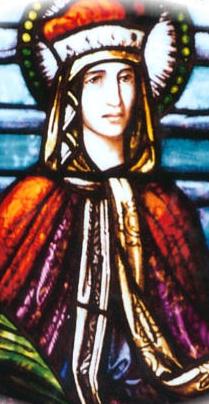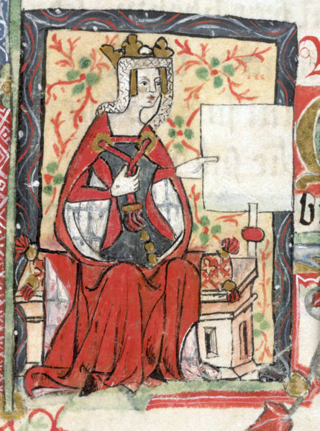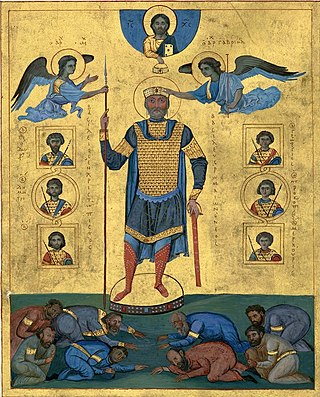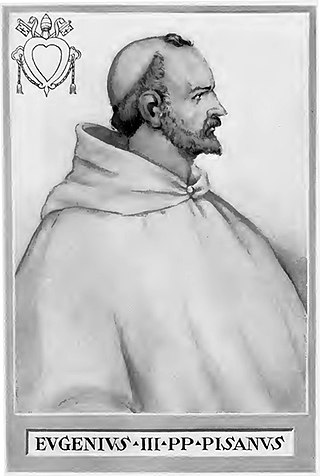
Year 1154 (MCLIV) was a common year starting on Friday of the Julian calendar.

Year 1087 (MLXXXVII) was a common year starting on Friday of the Julian calendar.

Year 757 (DCCLVII) was a common year starting on Saturday of the Julian calendar. The denomination 757 for this year has been used since the early medieval period, when the Anno Domini calendar era became the prevalent method in Europe for naming years.
The 1100s was a decade of the Julian Calendar which began on January 1, 1100, and ended on December 31, 1109.

Year 827 (DCCCXXVII) was a common year starting on Tuesday of the Julian calendar.

Year 1143 (MCXLIII) was a common year starting on Friday of the Julian calendar.
Year 828 (DCCCXXVIII) was a leap year starting on Wednesday of the Julian calendar.

Year 1004 (MIV) was a leap year starting on Saturday of the Julian calendar.

Year 921 (CMXXI) was a common year starting on Monday of the Julian calendar.

Year 1114 (MCXIV) was a common year starting on Thursday of the Julian calendar.

Year 1117 (MCXVII) was a common year starting on Monday of the Julian calendar.

Year 1120 (MCXX) was a leap year starting on Thursday of the Julian calendar.

Year 1036 (MXXXVI) was a leap year starting on Thursday of the Julian calendar.

Year 1025 (MXXV) was a common year starting on Friday of the Julian calendar.

Year 1052 (MLII) was a leap year starting on Wednesday of the Julian calendar.

Year 1133 (MCXXXIII) was a common year starting on Sunday of the Julian calendar.

Year 1145 (MCXLV) was a common year starting on Monday of the Julian calendar.

Year 1062 (MLXII) was a common year starting on Tuesday of the Julian calendar.

Year 933 (CMXXXIII) was a common year starting on Tuesday of the Julian calendar.
Abu Qurra a member of the Sufrite tribe Banu Ifran of Tlemcen, was the founder of the indigenous Berber Muslim movement with Kharijite tendencies in North Africa after the overthrow of the Umayyad dynasty. Between 767 and 776, Abu Qurra organised an army of more than 350,000 riders in the north of Africa. He was the first head of state of the Berber Muslim Maghreb. Ibn Khaldun described him in his book Kitab El Ibar. Abu Qurra is known as the founder of Tlemcen during his reign on the Sufri kingdom (776-778).

















